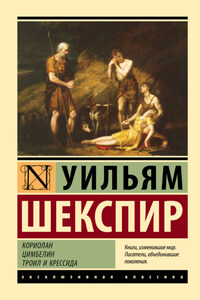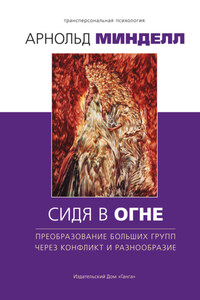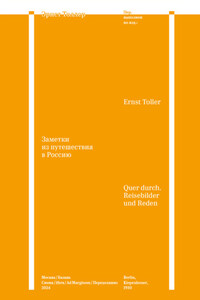HE IS TWENTY-SIX, and for as long as he’s lived in the north there has been only the Aleut woman.
Several evenings a week he comes to her door with a duck or a rabbit and she asks him in. Not asks, exactly. She opens the door and steps aside so he can enter.
She lives in a frame house hammered together fast out of boards and tar paper, a house like all the others in Anchorage, except it isn’t on First or Fourth or even Ninth Street; instead it is off to the east, marooned on the mud flats. But she has things in it, like anyone else, a table and two chairs, flour and tea on a shelf, a hat hanging from a peg. She wears a dress with buttons and she cooks at a stove, and the two of them eat before, and then after she sits cross-legged in the tub and smokes her pipe.
She smokes, and he watches her smoke. He thinks her mouth may be the most beautiful part of her—not red, not brown or mauve or pink, but a color for which he has no name. Her top lip is finely drawn, almost stern; the bottom one is plump, with a crease in the center. On another face its fullness might be considered a pout, but her black eyes convey none of the disappointment, nor the invitation, of such an expression.
She is the only woman who has allowed him to watch her as intently, as much and as long, as he wants, and the reason for this comes to him one night. She is self-possessed. There is nothing he can take from her by looking.
At the thought, he gets up from the bed and goes to the window, he rests his forehead on its cold pane. She possesses herself. How much more this makes him want her!
Then, one day, it’s over: she won’t open her door to him.
He knocks, he rattles the knob. “Please,” he says, his mouth against the crack. “Open up. It’s me.”
With his hands cupped around his eyes, he peers through the window and there she is, sitting at the table, staring at the wall.
He knocks on the glass and holds up his rabbit, but she doesn’t turn her head. Even after he’s walked the entire perimeter of the two-room house, hitting the boards with the heel of his hand, even after that, when he looks in the window, he sees her still sitting there, not moving. He leaves his dead rabbit on the ground and goes back the way he came, trudging past the railroad yard and the new bunkhouse, the sawmill with its chained curs lunging and snapping after his shadow.
What. He thinks the word over and over. There must be some explanation. But what?
It’s June, eleven o’clock at night and bright as morning. The usually gray water of the inlet is purple, gold where the light touches it, a low skein of cirrus unraveling on the horizon. Beyond the trampled mud of the streets are wildflowers growing everywhere, flowers of all colors, red fireweed, yellow broom, blue aster. He picks them as he walks. Preoccupied, he yanks at them, and some come up roots and all. After smelling their bright heads, he drops them, and by the time he retraces his path their petals have withered.
Has he done something to offend her? In his mind he reviews his last visit with the woman. He brought her a duck, a good-size one, and a bolt of netting to protect her bed. Surely there was nothing wrong in that. He can’t stand being bitten by mosquitoes, and he hates for the two of them to have to leave their clothing on. Every hour he’s not with her is one spent waiting to see her, the more of her the better. She has the sloping shoulders characteristic of her people; breasts that are small and pointed, like two halves of a yam set side by side; three black lines tattooed on her chin; and smooth, bowed legs.
She, he calls her to himself, because he hasn’t presumed to name her, not even privately. Her hair is long and black, a mare’s tail, and once, when he began to unbraid it, she took it from his hands. By some accident of biology her navel turned out a perfect spiral, and he’s fought off her hands to kiss her in that place.
Her body seems young to him, as young as his own, as strong and unmarked. But her eyes make him wonder.
There’s no point in asking her age, because she doesn’t understand English, nor any of the pidgin phrases he’s taught himself and tried to say.
Or perhaps she does know the meaning of his words but is unwilling to betray her knowledge—herself—to him.








